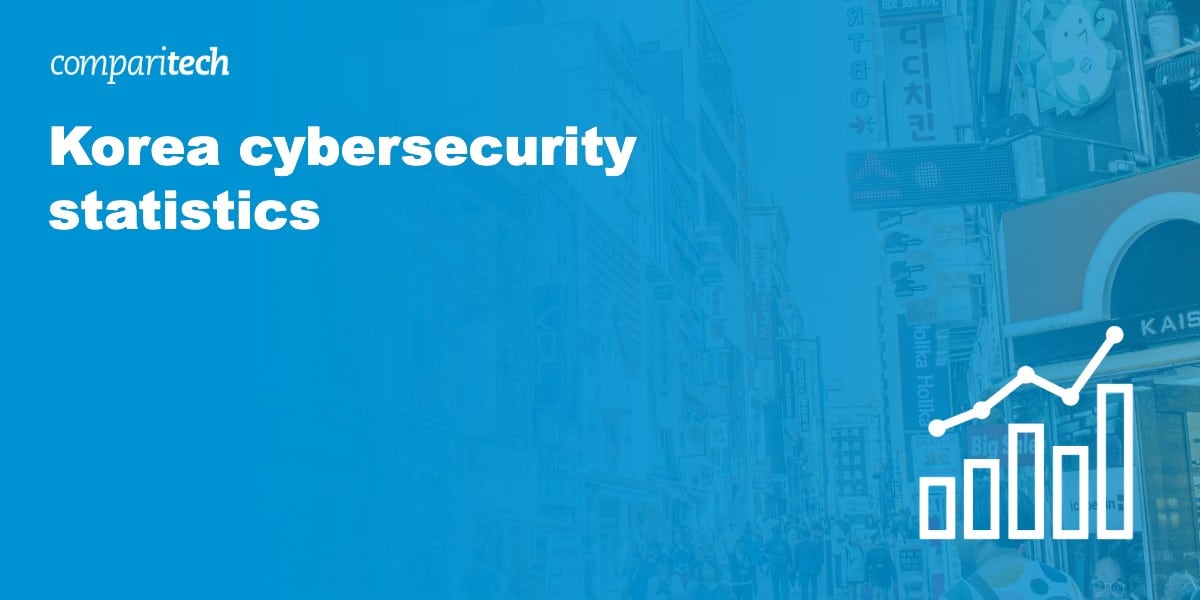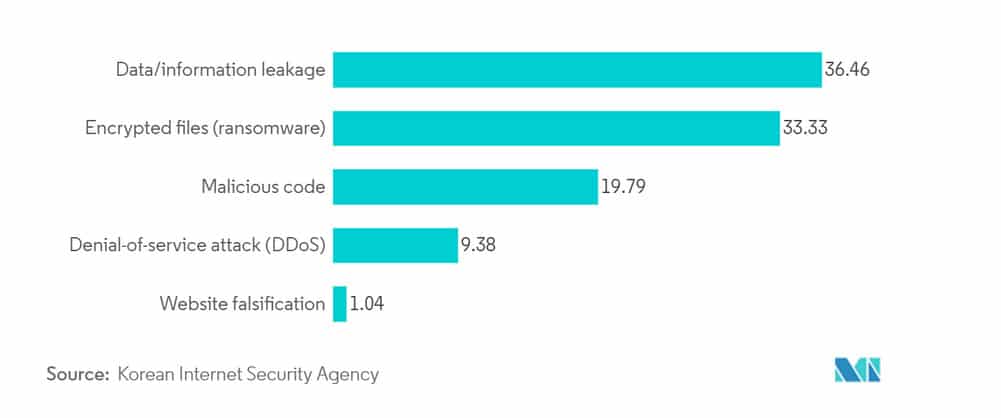Korea is a world leader in many aspects of technology, including cybersecurity. Despite this, the country has faced several large-scale cyberattacks in recent years. It is essential for businesses and organizations in Korea to be aware of the risks posed by cybercriminals so that they can protect their data and networks.
The Korean government has taken steps to strengthen cybersecurity in the country, including introducing new laws and regulations. Companies must comply with these new rules, which include regular security assessments, monitoring of employee activity on company networks, and implementing secure systems for storing customer information. Additionally, companies must develop an incident response plan in case a breach occurs.
Korea invests heavily in research and development (R&D) to improve its cybersecurity infrastructure. This includes collaboration between the public and private sectors to develop cutting-edge solutions that protect against cyber threats. These efforts are helping to create a more secure online environment for all users in Korea.
In this blog post, we’ll look at some of the most notable Korean cybersecurity statistics. We’ll also discuss what these numbers mean for businesses and consumers in South Korea.
Here’s a list of some of the most surprising Korea cybersecurity statistics:
1. Korean cybersecurity revenue is set to reach US$3.13bn in 2022
Revenue is on track to show a compound annual growth rate (CAGR) of 16.55% for the period between 2022 and 2027. This is due to the increased use of devices connected to the internet, and an uptick in mobile device usage, making South Korea a formidable target for cyberattacks. (Source: Mordor Intelligence)
2. Data leakage was the most threatening cybersecurity concern in 2021
According to a survey of member companies of CONCERT (CONsortium of Computer Emergency Response Team), more than 36.4% of respondents said data leaks were the most significant breach in 2021. (Source: Mordor Intelligence).
3. Ransomware attacks rose sharply in 2021
Attacks have gotten more sophisticated, leading to an increase in attacks on South Korean schools and businesses. There were just 22 attacks in 2018, which climbed to 39 in 2019, 127 in 2020, and 78 in the first half of 2021. (Source: Korea Herald)
4. Over W1.76t was lost to phishing scams over the last five years
A report found that phishing scams in South Korea have totaled damages in the region of 1.76 trillion won ($1.24 billion) over the last five years. Only 30% of this has been recovered. (Source: Korea Herald)
5. Cybersecurity incidents targeting South Korea have become more sophisticated
Cyberattacks targeting South Korea, suspected to have originated from North Korea, have become increasingly more challenging to detect in 2021. Businesses in the private sector have been hardest hit, losing millions of Dollars and seeing disruption to computer systems. (Source: Mordor Intelligence)
The most significant cybersecurity breaches in Korea
Here’s a list of the most significant cybersecurity breaches in Korea:
1. 43 million medical records exposed online
In July 2015, medical records of more than 90% of the South Korean population were leaked to a US multinational medical firm, IMS Health Korea. Records included patient data such as sex, type of disease, age, and region. A report using the collected data was sold to Korean pharmaceutical companies for $5.2 billion. (Source: Data Breaches)
2. A large security breach hit a South Korean travel firm
Over 1 million users’ data was stolen from South Korea’s largest travel company, Hanatour, with hackers demanding a ransom be paid in Bitcoin to return the data. While it is unclear whether the company paid the ransom, the stolen data included names, addresses, and Social Security numbers. Hackers obtained access using malware and phishing attacks. (Source: Coin Journal)
3. Data was stolen from South Korea’s Defense Ministry
South Korea’s Ministry of Defense reported a breach in October 2018 after one of its agencies known as the Defense Acquisition Program Administration (DAPA), which handles weapons acquisitions, was hacked. The attackers gained access to 30 computers, stealing data from 10 of them. Hackers gained access to the systems via a security program vulnerability, and the stolen data included details on a next-generation fighter jet. (Source: Security Affairs)
4. An internal VPN was used to hack South Korea’s nuclear research facility
In June 2021, the Korea Atomic Energy Research Institute, or KAERI, confirmed a worrying breach of its internal systems via a vulnerability in its internal VPN. It is believed that the hacking group known as ‘Kimsuky’ were behind the breach, as one of 13 unauthorized IP addresses could be traced back to the group. It is unclear what data was stolen during the breach. (Source: Malwarebytes)
5. A Korean telecoms company compromised the data of 12 million+ consumers
In March 2014, one of South Korea’s biggest telecoms companies, KT Corp, suffered a breach that exposed the personal information of 12 million customers. A malicious program allowed the hacking group to obtain records via the provider’s website containing personal data such as names, employment details, and registration numbers. The data was sold on the web for $10.8 million. (Source: SEC)
Tips for staying safe online in South Korea
- Use strong passwords: Create strong and unique passwords for all accounts and use two-factor authentication wherever possible.
- Update software regularly: Keep applications, operating systems, and security platforms up-to-date with the latest patches to protect against known vulnerabilities.
- Be aware of phishing scams: Be cautious when clicking on links or opening email attachments from unknown sources, as they could contain malicious code that can infect your device or steal data.
- Monitor financial activity: Regularly monitor bank accounts and credit card statements for suspicious transactions or unrecognized charges that can indicate identity theft or fraud.
- Utilize secure networks: Wherever possible, utilize a secure network such as a Virtual Private Network (VPN) when connecting to the Internet. This can help protect data from being intercepted by hackers.
By understanding South Korea’s cybersecurity landscape and following these tips, businesses and individual consumers can stay safe online and guard against cyber threats.
Korea cybersecurity FAQs
What are the most dangerous types of cyber attacks?
The most dangerous cyber attacks include ransomware, phishing, and malware. These techniques are designed to disrupt or disable computers, steal data or money, or gain access to restricted data.
Is cybersecurity an in-demand skill in Korea?
Yes, cybersecurity skills are in high demand in Korea. With the increasing threats of cyber attacks, many companies are looking for individuals who have experience and knowledge in this field to help protect their systems and data.
What measures should businesses take to ensure cybersecurity?
Businesses should implement a comprehensive security strategy that includes employee training, access control policies, robust firewalls, encryption, antivirus software, regular patch updates, and secure authentication methods such as two-factor authentication. Additionally, businesses should regularly monitor their network for suspicious activity.
See also:


